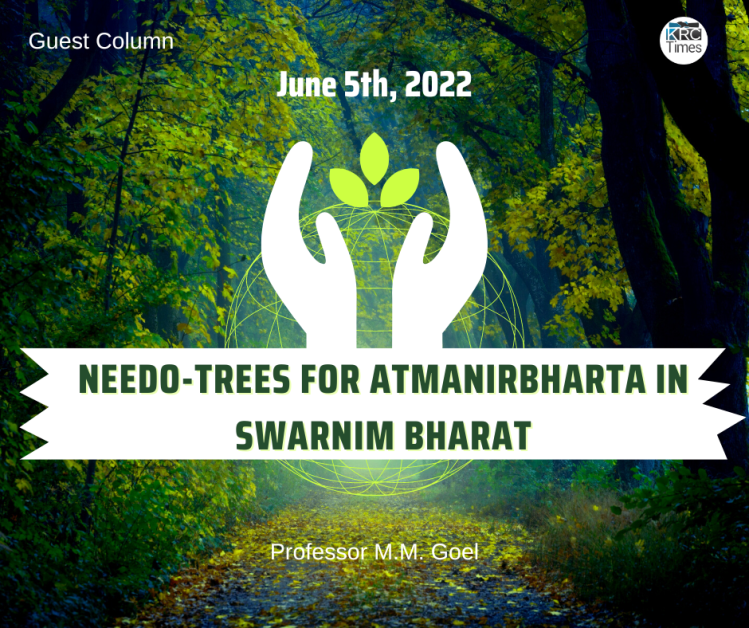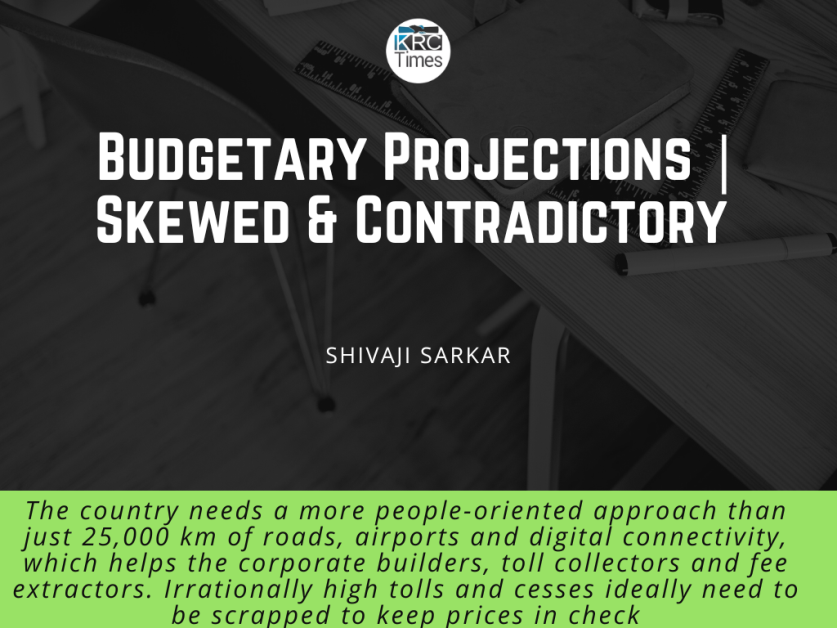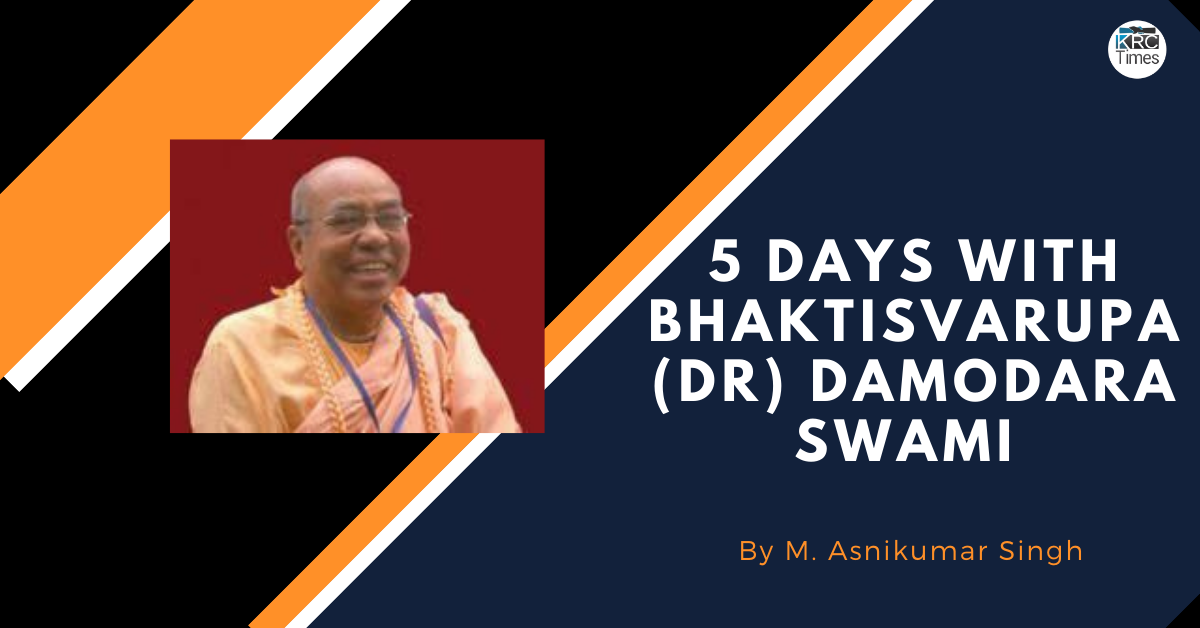Since peace is the basic need of every human being it can be achieved only through the mind without any anger or malice
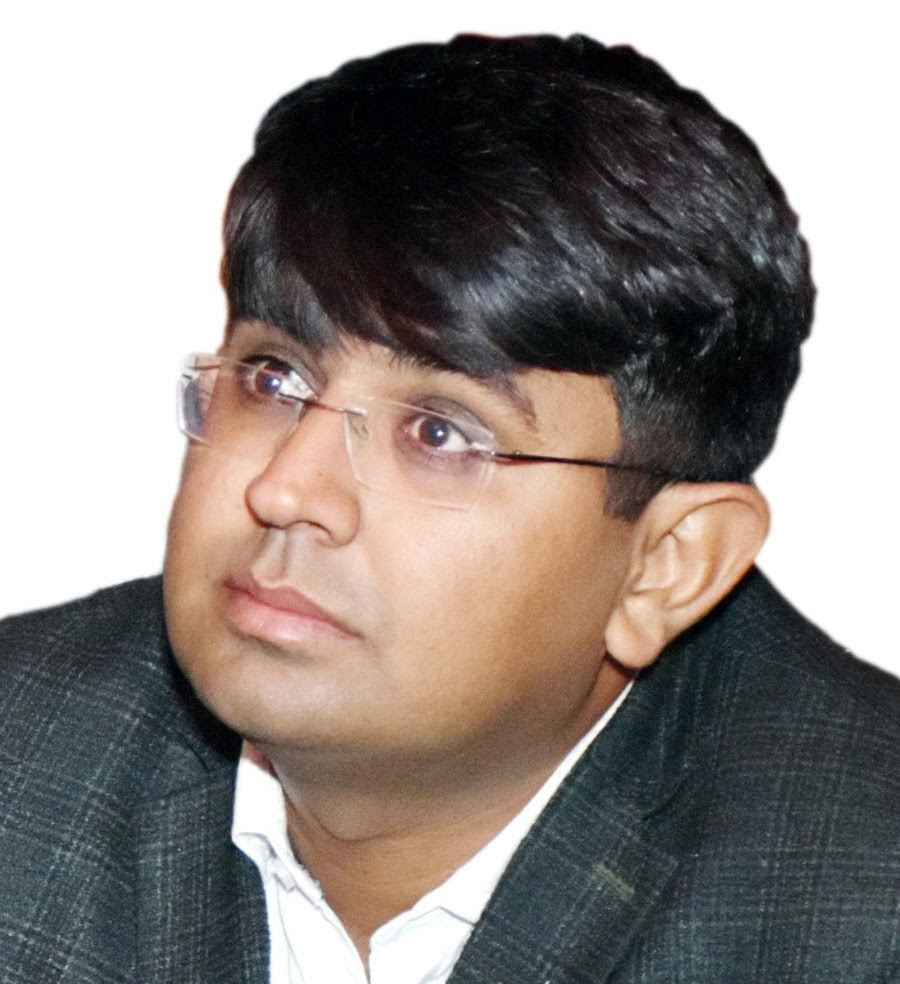 Satywan Saurabh
Satywan Saurabh
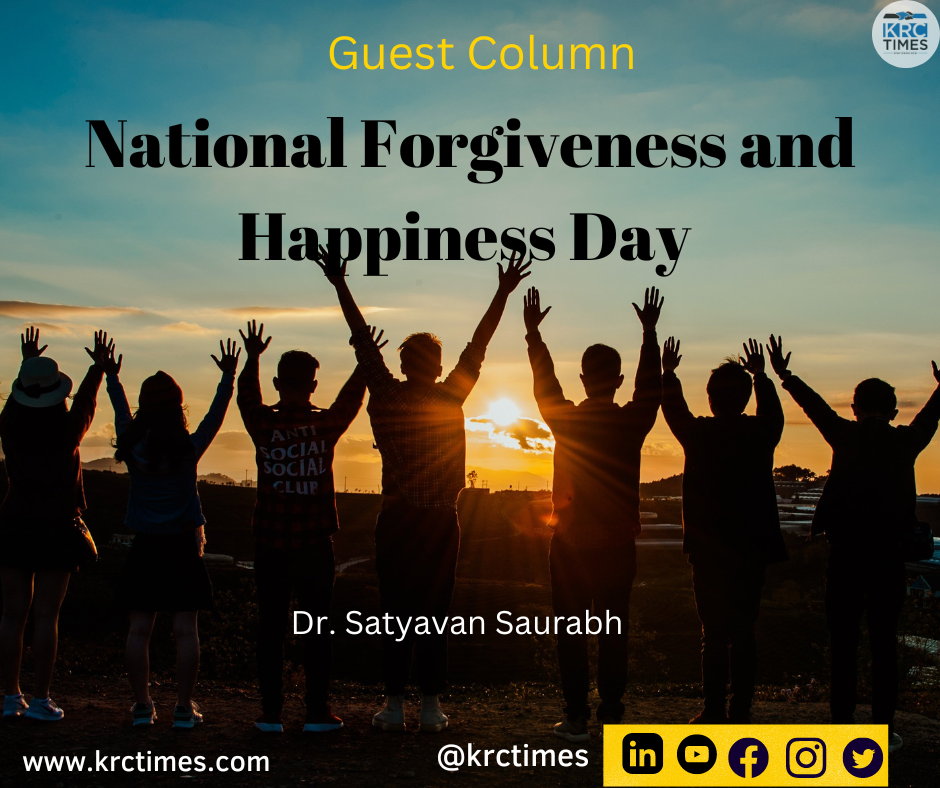
Social life is possible only when we talk, discuss and forgive each other’s small mistakes. An essential value for forgiveness is thus respect for every human being. Terrorist activities, extremism, Naxalism, communal riots, etc. justify themselves as acts of retaliation and attempts to rectify the mistakes committed in the past. The purpose of such acts is to annihilate the wrong-doer rather than the wrong-doer. Today, Indian society is at a crossroads where different communities or classes are merging, so one must practice the act of forgiveness and acceptance to ensure peaceful coexistence. Since peace is the basic need of every human being it can be achieved only through the mind without any anger or malice.
Dr. Satyavan Saurabh
The weak can never forgive; Forgiveness is the attribute of the strong ~ Mahatma Gandhi.
Mahatma Gandhi’s Quote: “The weak can never forgive; forgiveness is the attribute of the strong.” Along with non-violence, satyagraha (“emphasis on truth”) was the cornerstone of his concept. Gandhiji believed that “an eye for an eye makes the whole world blind”. Fighting against a brutal, heavily militarized colonial regime, he understood that violence could not be the solution. Furthermore, he believed that humans are not inherently violent, and thus sought to bring about a change. Gandhiji insists that non-resistance to violence does not make a person weak or cowardly, which is contrary to popular belief. Responding to violence or injustice with greater violence or greater injustice is a vicious circle, not true bravery. Real bravery is in forgiving the offender; Through that, we conquer our tendency to resort to violence. It symbolizes us being in control of our emotions and actions and senses, which is a greater victory than any other.
Furthermore, pardoning would show the perpetrators the error of their ways and would lead to a moral change in them, thereby establishing a virtuous cycle where the wronged would be reformed for the betterment of themselves and the entire human race. Even in the present day, we come across many situations where we have been unintentionally or purposefully wronged. In such a situation, we should not be in a hurry to take revenge. Rather, we should try to forgive the unintentional injustice done. If done purposefully, we should strive to bring about change in the offender, rather than seeking revenge and reacting with even more malice. The communal riots across the country and the threat of terrorism around the world show how important Gandhiji’s quote is in the present day, and its significance almost a century after he spoke.
Forgiveness is a change of heart when the victim voluntarily forgives mistakes or offenses rather than retribution. Control of anger is necessary to forgive. Anger pushes a person towards vengeance and tarnishes our reasoning power. To forgive it is necessary to distinguish between the offender and the crime. One needs to look beyond the urgency of retribution, to find and address the root cause of the injustice or crime. To forgive one needs to find reason in the statement that “like so will make the world blind”. We easily forgive those we love because we believe in their ability to improve. To forgive others or total strangers every human being must believe in the goodness of humanity and believe that there is always room for improvement. Forgiveness often comes when the victim feels that the offender is feeling guilty and realizes his or her mistakes. It takes patience and deep insight to see the feelings of others even when someone has been wronged. Thus forgiveness is an emotionally intelligent, empathetic, egalitarian, and appropriate personality trait.
In today’s world, we see that materialism and individualism are on the rise. Many of the socio-economic conflicts around us are based on unintentional revenge and bursts of anger. A simple example is road driving where minor conflicts lead to aggressive behavior toward fellow road users. We forget that the street is a normal social space and social life is possible only when we talk, discuss and forgive each other’s small mistakes. An essential value for forgiveness is thus respect for every human being. Terrorist activities, extremism, Naxalism, communal riots, etc. justify themselves as acts of retaliation and attempts to rectify the mistakes committed in the past. The purpose of such acts is to annihilate the wrong-doer rather than the wrong-doer.
We have to learn the path of Satyagraha for the redressal of our grievances. Satyagraha is based on uncovering the truth behind this issue using non-violent means. In this process, satyagrahis are ready to suffer pain and hurt but they will not hate the criminal. Because hatred breeds anger which comes out in the form of violence. Instead, they will forgive the offender and appeal to humanity to see the truth in him. Violence cannot do what persuasion can. A change of heart is a long-lasting change. Only the strong can bear the pain, forgive and still strive for such change, not the weak. Forgiveness is an act of not having feelings of revenge or anger towards the person who has harmed i.e. mentally, physically, or emotionally. According to Mahatma Gandhi the practice of forgiveness does not make a person weak nor does it show the inability of the victim to respond to the wrongdoer. They believe that forgiveness allows for improving the thinking of the sinner. Acting, in the same way, doesn’t lead to a sick person’s solution because “two wrongs don’t make one right”. And also this power is not shown only through violence, even a person who is at peace within himself is strong.
The same quote holds even in the present situation when India is facing various cases of intolerance. Religious communities are fighting with each other only over differences in the behavior of religious cultures and as a result, many lives have been lost. Usually, one fight is followed by another for revenge. But can “eye for eye” looking deeper solve the problem? No, it’s not going to solve it. Truly forgiving one’s misconduct and promoting peace should be the motto. Today, Indian society is at a crossroads where different communities or classes are merging, so one must practice the act of forgiveness and acceptance to ensure peaceful coexistence. Since peace is the basic need of every human being it can be achieved only through the mind without any anger or malice.
Promotional | KRC Foundation

Know more

